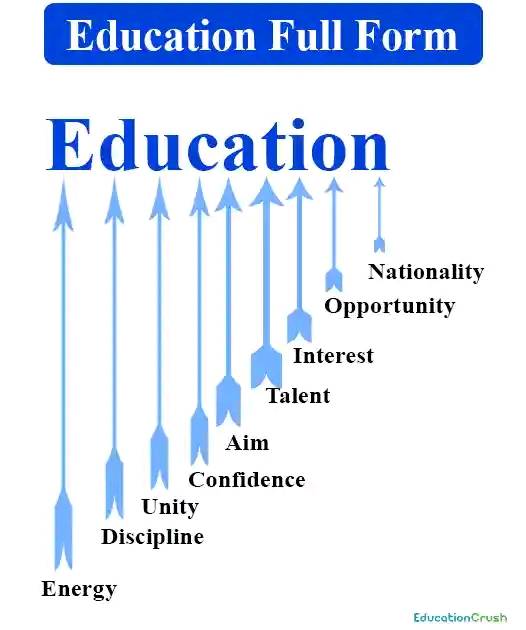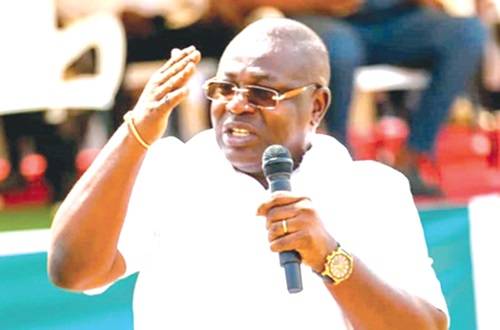Talk It Out: Why the Volta NDC’s Call for Dialogue Might Be Just What We Need
A few years ago, I got caught up in a shouting match with my landlord. Long story short, my rent had magically doubled overnight — or at least that’s what it felt like. I was ready to pack my things, slam the door, and swear never to deal with him again. But then my mother (wise woman) said, “You can’t solve every problem by fighting. Sit down and talk. Even if it feels pointless.”
Honestly, I wasn’t sure if it would work. But we did talk. It didn’t fix everything, but it made a massive mess a bit less messy. That’s kind of what I thought about when I heard the Volta Region branch of the NDC urging its people to use dialogue and structures to resolve grievances.
See, politics here is so easily set ablaze. One person feels sidelined, another feels unheard — and boom, you’ve got a feud that simmers for years. I’ve noticed that many of us, whether in political parties or just everyday WhatsApp groups, would rather vent on social media than sit face-to-face and hash it out. Who can blame us? It’s easier to subtweet than to risk an awkward conversation.
But here’s the thing — when the NDC leadership in Volta says, “Use the party’s structures. Talk. Resolve it from within,” I think they’re onto something. It’s not just about preserving party unity (though I’m sure that’s a big part of it). It’s about remembering that, sometimes, the only way to keep relationships intact — whether they’re political or personal — is to show up, listen, and get uncomfortable.
In my opinion, and I may be wrong, but Ghana’s politics could do with a bit more ‘talking things out’. Not the fake, long-winded meetings where everyone nods and nothing changes. I mean genuine, honest dialogue — the kind where someone can say, “Hey, I feel betrayed,” and someone else says, “I hear you. Let’s fix it.”
Think about it — we do this at home all the time (well, when we’re not ghosting each other). A friend disappoints you, you sit over waakye or a cold beer and vent it out. A sibling messes up, you fight, then you make up because, well, you’re family. So why should our political spaces be any different?
Sure, there’ll always be people who’d rather tear things down than fix them. There’ll be those who’d rather plot than talk. But, for those who want to stick it out, maybe a little old-school dialogue — plus using proper party structures instead of backdoor deals — might be the difference between a thriving group and a crumbling one.
Sometimes, I wonder — if we truly practiced open conversation everywhere, from our homes to Parliament, would we be less angry? Less divided? Or am I just being hopelessly idealistic?
What do you think? Is talking enough these days — or have we forgotten how to really listen?



